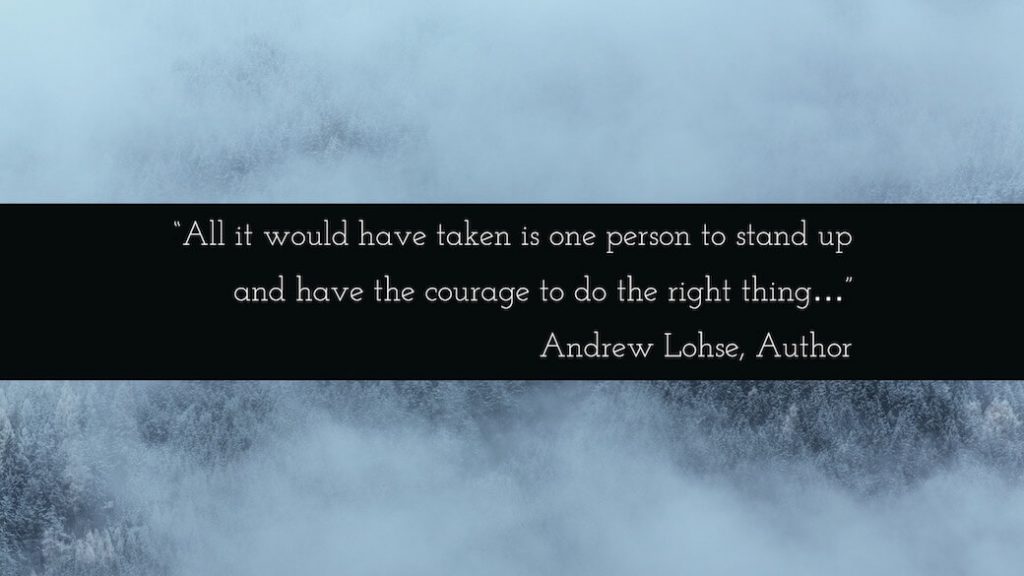
Sadly, campus hazing has once again claimed a life and forever changed countless others. A young man is dead and his family will never be the same. His friends are left to mourn. Eighteen students are being prosecuted and looking at jail time; their parent’s hopes and dreams for these children evaporated in a single night. If just one person had intervened that night…
Let’s focus on the behavior of the young men when they discovered their friend, Timothy Piazza, was in dire need of medical help…from just one person.
Based on the evidence, the fraternity brother’s primary concern on the night of Timothy’s death was not the well-being of Timothy; it was their own well-being. They admonished calling for help because of concerns about the repercussions of providing alcohol to minors as well as hazing new frat recruits – both of which are illegal.

We must teach our young people to be “that one person” who makes a difference.
An upstander is someone who decidedly steps in to take action to prevent another person from being harmed. For example, if a party-goer notices an inebriated young woman being led to a bedroom by another person with the intention of having sex with this person, an upstander will step in to prevent the impending sexual assault. Teach our young men that “going along with the guys” is not being a man; stepping up to do what is right defines a man. Certainly, educate your children to assess and avoid dangerous situations that may cause them harm; encourage them to call 9-1-1 when in doubt.
This frat party is another example where if one person — just one person — had called 9-1-1 rather than text other frat members, perhaps the ending would have been different for all the men. If one person had been an upstander rather than a bystander, they would be looking forward to a different future. My guess is many of the young men wanted to make the call, but did not want to be “the one person.” If a couple of them had decided together to call, it would have been much easier.
Unfortunately, the new frat recruits had the added pressure of following the rules of their leaders. The desire to belong to a fraternity, coupled with excessive alcohol use, played a role in their poor decision-making process. However, logic dictates that if you find someone in dire need of medical care, you get medical care.
Because of the electronic trail of texts and surveillance cameras, it is easy to understand how the evening evolved. What is not easy to understand is why not one single person jumped in to help.

Talk to your child how to safely be “that one person”.
As parents, we need to be our child’s guiding conscience at times. Their frontal lobe, where decisions are processed, is not fully developed until they are well out of college.
- Discuss and model good decision-making skills.
- Ask your child how they would handle a situation in which they witness a harmful situation evolving. Use this fraternity party as an example, or many of the others reported.
- Talk about sexual coercion and consent.
- Discuss a plan of action so when they see something, they know to say something and to whom.
These conversations are not always easy. Headlines such as Timothy’s tragedy offer an opportunity to have important discussions that may save a life.

